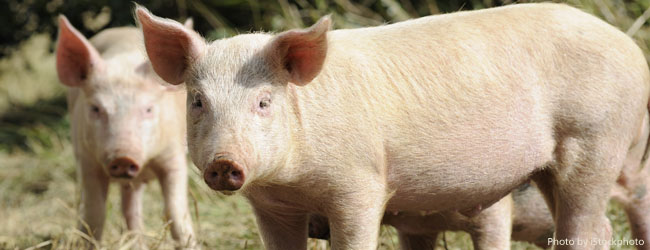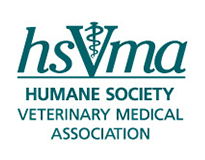| Advocacy |
Veterinary support essential to ending antibiotic overuseJune 17, 2016 
You may have heard recent disturbing news that the second case of Colistin-resistant infection has been found for the first time in the United States. This news comes just a few short months after the first case was reported by the Walter Reed Army Institute of Research, involving a patient in Pennsylvania. Researchers at the U.S. Departments of Agriculture and Health and Human Services have also reported finding Colistin-resistant E. coli in a pig intestinal sample. Colistin is a last resort drug for treating superbug (i.e., multi-drug resistant) infections. These discoveries signal we are that much closer to what has been referred to as a ‘post-antibiotic era,’ where people will die from once treatable infections. It was only seven months ago that scientists in China first reported Colistin-resistant bacteria in pigs and humans. Colistin is widely used in animal agriculture in China and the emergence of resistance is believed to be associated with these uses. The Colistin-resistant gene, mcr-1, has since also been found in bacteria in Europe, Africa, South America, Canada, and now the U.S. At least 70% of the medically important antibiotics sold each year in this country are for use in animal agriculture, mostly for non-therapeutic purposes -- not when animals get sick, but in order to promote faster growth and to compensate for poor management practices. Scientists around the world have warned that excessive use of antibiotics in animal agriculture is contributing to the emergence of antibiotic-resistant infections in humans. In 2013, CDC reported that more than 2 million people each year in the U.S. get infected with drug-resistant bacteria, and that there are at least 23,000 associated deaths. The CDC recently stated, “Resistant bacteria in food-producing animals are of particular concern. Food animals serve as a reservoir of resistant pathogens and resistance mechanisms that can directly or indirectly result in antibiotic-resistant infections in humans.” With the apparent now worldwide distribution of the mcr-1 gene, it is only a matter of time before one of a number of multi-drug-resistant bacterial strains also acquires resistance to Colistin. At that point, there will be no antibiotic options to treat an infection. This is a truly nightmarish scenario. These problems are contributing to antibiotic overuse:
Veterinarians Should Take ActionThe veterinary community should play a positive and proactive role in this animal health and welfare issue. The majority of antibiotics are routinely fed to farm animals in their feed or water for non-therapeutic purposes, rather than to treat sick animals. The human medical community, led by the American Medical Association, has joined with scientists, environmentalists and animal welfare organizations (more than 450 groups), in cautioning against this misuse of antibiotics. As leaders in the field of animal health and welfare, veterinary professionals need to step up on this issue now. How You Can HelpFederal legislation to phase out the non-therapeutic use of antibiotics in farm animals and protect the effectiveness of these drugs for treating sick animals and people has been introduced in the U.S. Congress. Specifically, the Preservation of Antibiotics for Medical Treatment Act (or PAMTA, H.R. 1552 in the House) and the Preventing Antibiotic Resistance Act (or PARA, S. 621 in the Senate), would make it more efficient for the FDA to withdraw approval for non-therapeutic uses of antibiotics that they find to be creating a public health problem. Although the FDA has recognized concerns about antibiotic overuse in livestock, its current procedures are too cumbersome for timely action. As a veterinary professional, you can help ensure passage of this legislation as part of the efforts to rein in antibiotic overuse. Here are two ways to help:
Thank you for your help in supporting this crucial legislation to phase out the routine, non-therapeutic use of antibiotics in animal agriculture. We need to do all we can to protect animals and people from antibiotic overuse and ensure that these precious drugs remain effective for all of us. |

